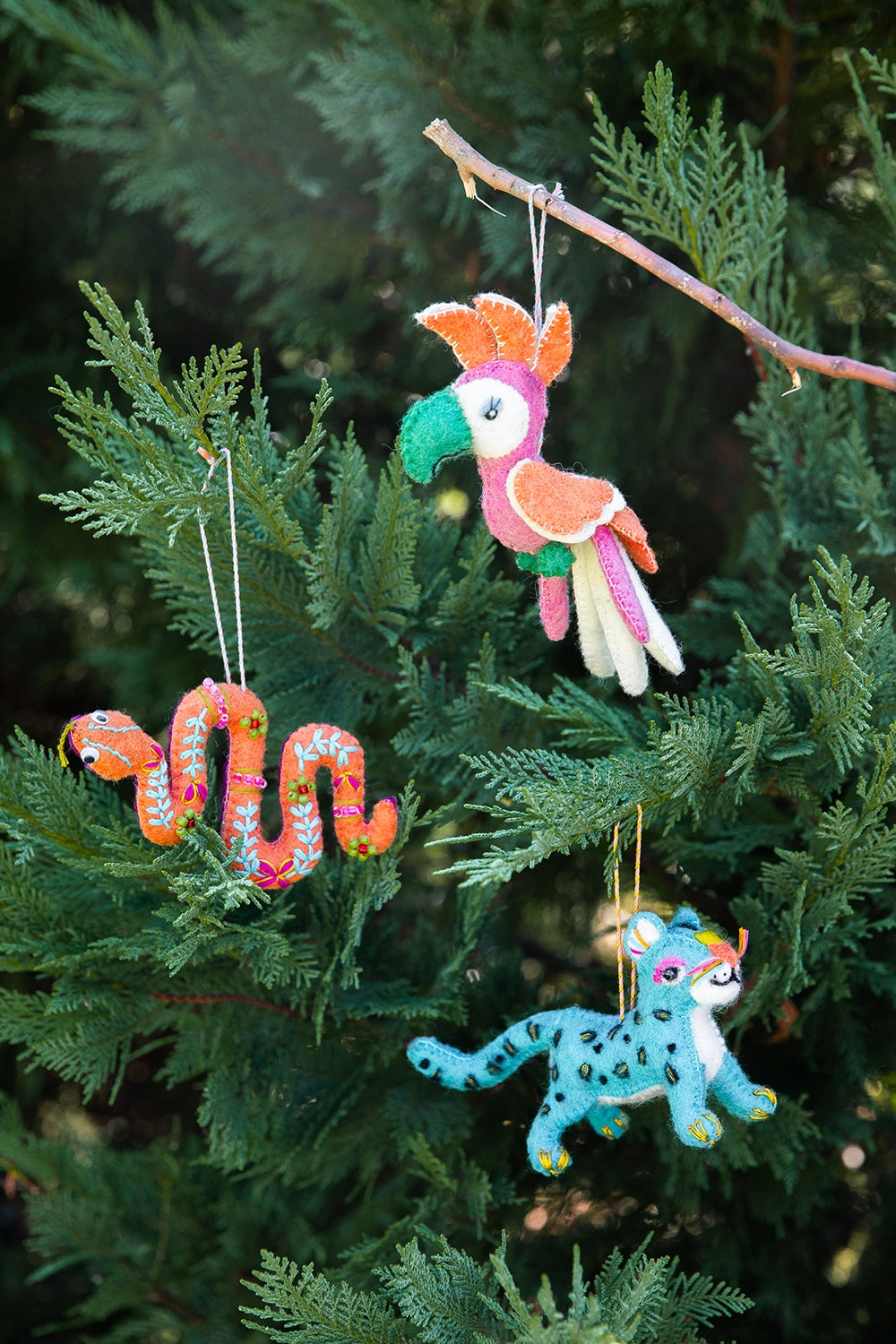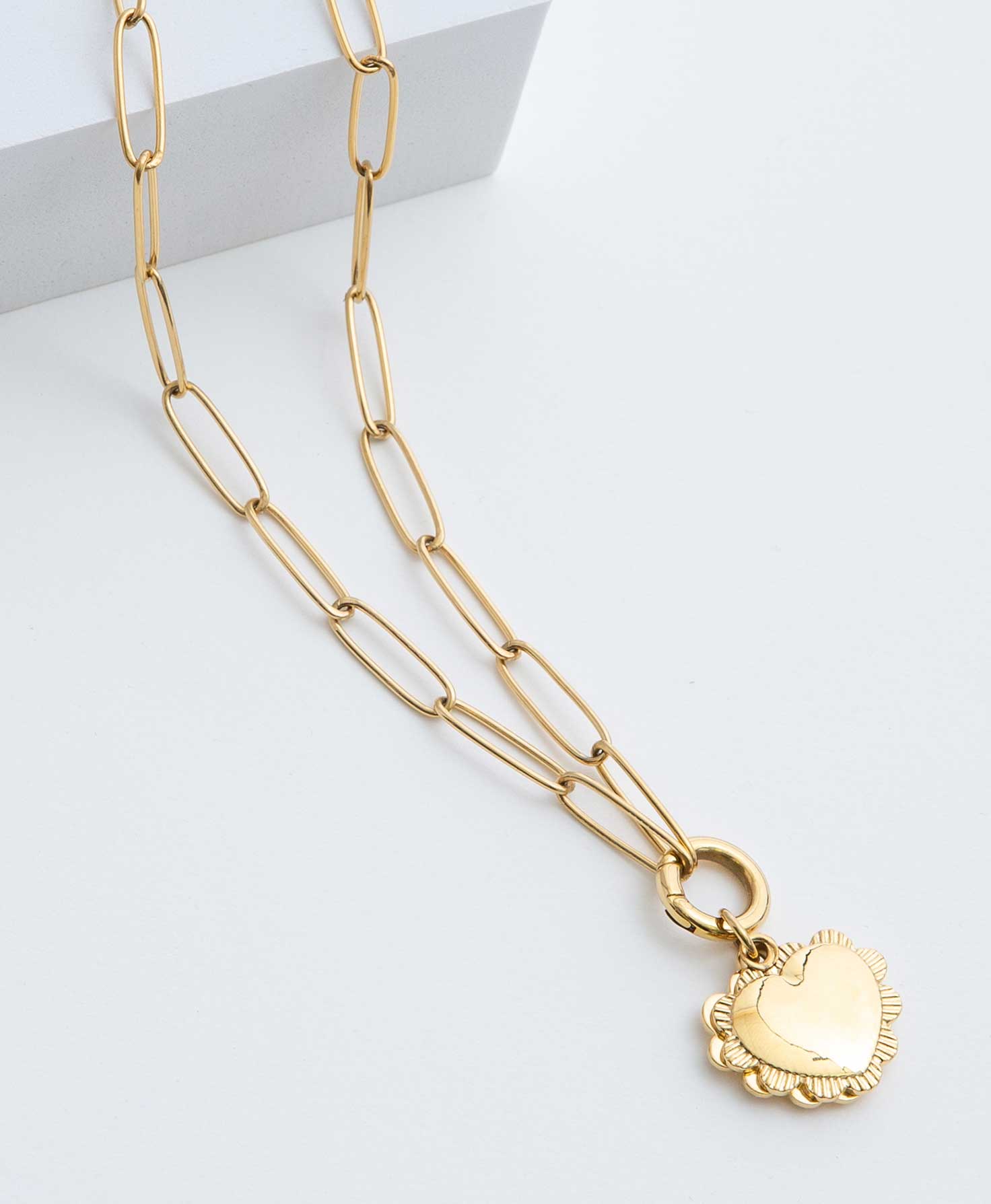Have you ever wondered about the person who created the blouse you’re wearing? Or where it was made? Have you thought about the conditions of the environment for the worker who made it?
I must confess that I had not given much consideration to these questions until a few years ago when I stumbled upon a documentary about two teenage girls forced to work in a sweatshop to produce blue jeans for American consumers.
I remember crying as I watched the girls being forced to leave their family, village, and everything familiar to them to travel to a big city and live in overcrowded, unsanitary conditions while working under circumstances that are unimaginable to most westerners.
The movie struck a chord with me, but I felt powerless to do anything about what I saw. These things were happening on the other side of the globe, and surely practices were improving, right? Little did I know, years later I would have the opportunity to elevate and empower women around the developing world with dignified, sustainable jobs.

Last summer, I took a Social Psychology and Cultural Applications class, a requirement for every psychology major. During one of the class discussions, I was prompted to do a little research into labor practices for the fashion industry. The research was illuminating.
There are still sweatshops in existence today. There are still people being forced to work in hazardous conditions. There are still child laborers. It was alarming to read real-life accounts of forced labor that is still occurring in the twenty-first century.
For instance, according to the International Labour Organization, an estimated 160 million children between the ages of 5 and 17 years old will be used in child labor in 2021. About 79 million of these children will be employed in dangerous jobs.
Even in the United States of America, one of the most industrialized nations, sweatshops still abound.
Citing the Department of Labour’s 2016 statistics, the Los Angeles Times reports that 85% of garment factories in Los Angeles could be classified as sweatshops. These factories violate basic labor laws.
Suddenly, I started looking at my clothing and wondering about the person who had made it. Were they provided safe work conditions? Did they earn a living wage? Were they working at the manufacturing facility of their own free will, or was it forced?

I took a silent oath to become a more conscious consumer. I decided to shop from companies that value and respect their employees. Companies with a culture of compassion. I want my shopping dollars to go to companies that share my core values. As consumers, when we make a purchase, we are voting with our pocketbooks. We are putting our money where our mouths are.
One of the great things about the internet is that it makes it easy to do research into a company’s values.
For instance, with a little research, you can find out if a brand is a member of the Fair Trade Federation. The Fair Trade Federation has principles that are designed to promote in international trade while alleviating poverty and practicing sustainable development.
Noonday Collection is a member of the Fair Trade Federation. But what exactly does that mean?
First, Noonday’s accessories are designed in collaboration with the Artisan Businesses that make each of Noonday’s products. Modern design and traditional craft techniques are implemented to create each of the beautiful accessories listed in Noonday’s catalog today.
Second, Noonday offers responsible financing to provide Artisan Businesses with the cash flow they need for sustainable growth. For example, in 2011 Noonday met a group of 11 Rwandan women who were having a difficult time providing for their families. Noonday partnered with these women to send them to school to learn how to sew, then purchased their first sewing machines for them to enable them to launch their business. Noonday also offered them no-interest loans. Since that time, Noonday’s responsible financing has empowered these women to grow their business in a way that is sustainable.
Third, Noonday develops long-term partnerships with entrepreneurs around the developing world.
Many Artisan Entrepreneurs around the world are unable to grow their businesses because they do not have orders they can count on. Noonday develops long-term relationships that these Artisan Entrepreneurs can count on.
Fourth, Noonday is devoted to helping these Artisan Businesses to grow. Noonday invests to help grow these businesses’ capacity through design, operations, and production training.
Artisan Businesses from which Noonday sources our products are required to meet minimum requirements in how they conduct business. These requirements are based on the principles of fair trade. Many of these Artisan Business partners are members of the Fair Trade Federation or another fair trade organization. These businesses are visited regularly to ensure they are adhering to certain core principles, including paying fair wages, providing safe working conditions, and prohibiting child or forced labor.
Noonday ensures that Artisans earn wages that are fair based on the standards of living in their country, established through collaboration with Artisan Entrepreneurs and Artisans, and mutually agreed upon through dialogue with Entrepreneurs and Artisans.
The goal is to increase Artisans’ incomes, ensure their livelihood is sustainable, and empower whole communities.
Noonday invites women in the United States to partner with us to expand our global impact for good. Every time a woman partners with a Noonday Collection Ambassador to host a Trunk Show, we expand the marketplace for ethically produced accessories. An Ambassador will gather with your friends and family to offer styling tips while sharing stories about the Artisans who handcraft each of the beautiful pieces.
Perhaps as you encounter these stories you find yourself wondering what are some ways that you can become a more conscious consumer.
First, you can shop second-hand. Second-hand shopping may look like shopping in thrift stores, consignment shops, or online sources, like influencers on social media.
Shopping second-hand took on a new meaning for me since the start of the pandemic. I made my first second-hand purchase from an author I follow on Instagram. That denim jacket is one of the most cherished items in my closet now! And I paid a fraction of what it would have cost if I had purchased it brand new from a department store.
Second, you can look at the company’s website. For example, is the company a member of the Fair Trade Federation or another fair trade organization?
And if you’re wondering how you can increase your global impact?
You can start your own independent Noonday business as an Ambassador. When your business grows through Trunk Show sales, you increase the impact you’re making to help create dignified jobs for Artisans around the globe!
The Ambassador community is always eager to embrace new Ambassadors. We’ll gladly embrace you and help you get your own Noonday Collection business off the ground running!
Meet Jennifer Evans Green
Jennifer lives in Prescott, Arizona with her husband and their dog, Lucy. She recently graduated with her degree in psychology with honors. Her favorite things are fair trade, travel, reading, taking hikes with her husband, and spending time with friends and family. You can follow her on Instagram @jennifervansgreen.






